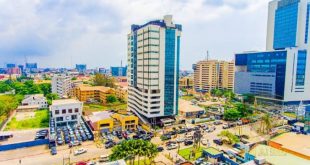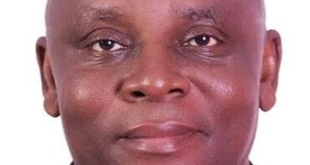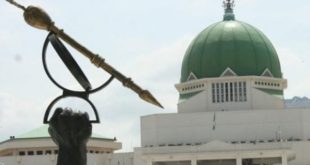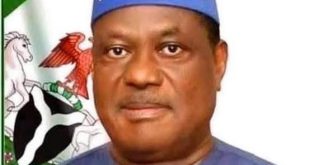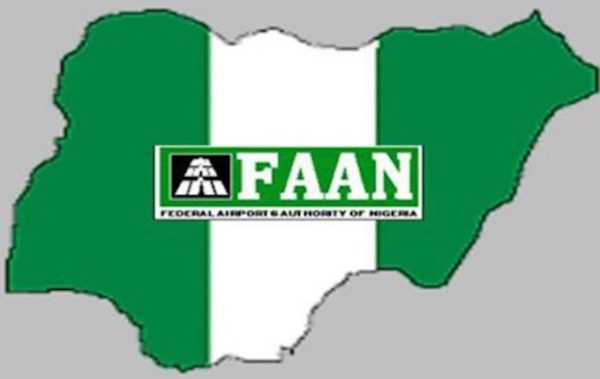
The sum of N660 billion has been approved for wastage by the Federal Executive Council at the last sitting. Many Nigerians are still surprised at the wisdom in spending this amount of money for two transient projects, not logically sustainable in reality. N210 billion was approved for N35,000 wage award for 1.5 million Federal Government employees meant for the months of September, October, November and December 2023. The sum of N400billion was approved for cash transfer to about 1.5 million indigent Nigerians. Yet those used for the project launch are not indigent by all standards. So, how is the integrity of the process guaranteed?
This amount is enough to finance three modular refineries in the country rather than embarking on a jamboree. What can N35,000 do for a family in today’s Nigeria? After 6 months, will the hunger and hardship give way? Besides, the fund is not tied to any project, so it is free money capable of aggravating inflation. Who can the private sector employees for provided for, or are they not Nigerians? Many in the private sector live below human standards especially workers in the informal sector and small scale businesses where N15,000 is still paid as wages. However, read the report from the Villa.

The Federal Executive Council(FEC) last week approved N2.1trillion supplementary budget for 2023 fiscal year. The meeting was presided by President Bola Ahmed Tinubu at the Presidential Villa.
The minister of Budget and Economic Planning, Atiku Bagudu, stated this to State House Correspondents,at the post-FEC meeting briefing.

Bagudu explained that, “The council considered a request for supplementary appropriation which is a second for 2023 and graciously approve the sum of N2,176,791,286,033 as supplementary budget and this supplementary budget is to fund urgent issues.”

According to him, the supplementary budget is intended to address pressing issues, including allocating N605 billion for defence and security to maintain previous progress.
Additionally, he said N300 billion was earmarked for bridge repairs, construction, and rehabilitation, while N200 billion was designated as a seed fund for agriculture.
He added that a further N210 billion was provided for wage awards in ongoing negotiations, covering the period from September to December 2023.
He said, “Equally the sum of N210 billion is provided for the payment of wage awards. In negotiation with the Nigeria Labour Congress, the federal government agreed to pay N35,000 each to about 1.5 million employees of the federal government from September, October, November and December 2023. And that amounts to about N210bn which has been approved and also N400bn as cash transfer payments.”
Recall that the national leadership of the Nigeria Labour Congress (NLC ) and Trade Union Congress (TUC) had on October 1, reached an agreement with the federal government to pay N35,000 to all federal workers beginning from September, pending when a new national minimum wage is expected to have been signed into law.
Furthermore, Bagudu stated that N400 billion was reserved for cash transfer payments, highlighting that the federal government had secured $800million from the World Bank for a two-month period, as approved by the President for inclusion in the budget.
“The $800 million is for two months, October and November. The President graciously approved that an additional month should be funded by the federal government and that is what this N100bn is for,” he added.
The minister noted that an amount of 100 billion was approved to support the Federal Capital Territory (FCT), for urgent and immediate capital projects that can enhance the infrastructure in the city.
He said N18 billion was allocated to the Independent National Electoral Commission (INEC) to facilitate the conduct of elections in Kogi, Bayelsa and Imo states coming up on November 11.
He said an additional N5.5 billion was designated for funding the launch of student loans, and N800 billion was allocated for the establishment of new ministries.
President Tinubu had created and modified some ministries. They are the Marine and Blue Economy, Tourism, Art, Culture and the Creative Economy, Gas Resources, Steel Development, Finance and Coordinating Economy, Health and Social Welfare, Aviation and Aerospace Development, Youth Development, Humanitarian Affairs and Poverty Alleviation. Bagudu revealed that the council granted approval to increase the domestic borrowing ceiling.
He emphasized that they have submitted the Medium-Term Expenditure Framework (MTEF) to the National Assembly, and the government is maintaining the January to December budget cycle.
He also stressed that the budgeting process is benefiting from the experience and collaboration between the National Assembly and the executive branch.
While the six-month wage award to labour remains unchanged, he said any necessary adjustments will be included in the supplementary budget for the current year.
 MMS PLUS NG – Maritime, Aviation, Business, Oil and Gas News Online Newspaper with coverage in Maritime, Oil and Gas, Aviation, Power and Energy as well as Financial News
MMS PLUS NG – Maritime, Aviation, Business, Oil and Gas News Online Newspaper with coverage in Maritime, Oil and Gas, Aviation, Power and Energy as well as Financial News



